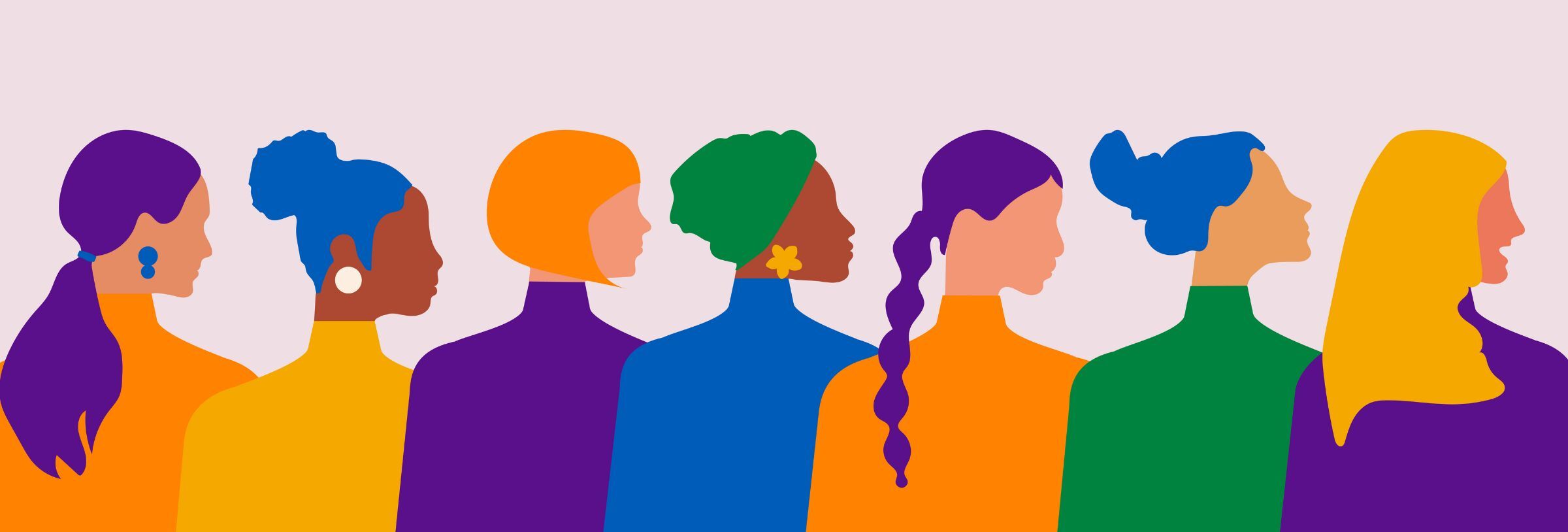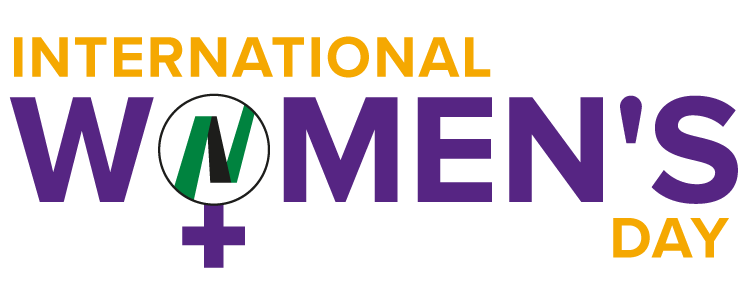 International Women's Day (March 8) is a global celebration of the social, economic, cultural and political achievements of women.
International Women's Day (March 8) is a global celebration of the social, economic, cultural and political achievements of women.
In honor of International Women's Day and Women's History Month, we've asked a few of the phenomenal women at Nossaman to share their personal insights, stories of inspiration and what it means to #InspireInclusion.
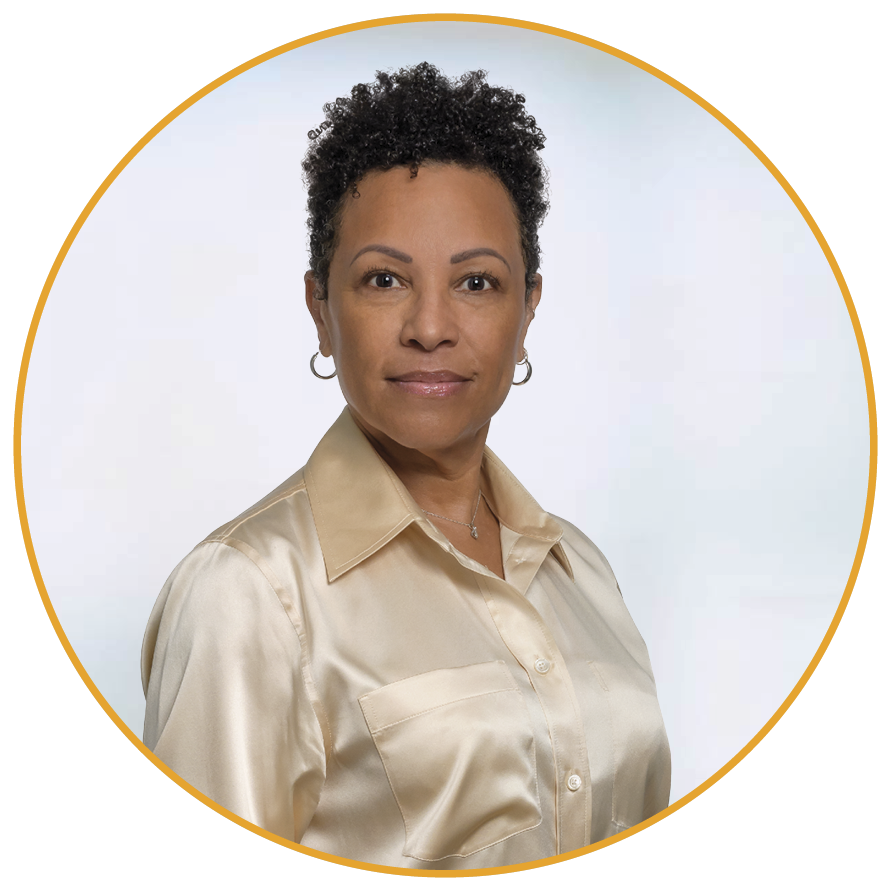
Lisa Beidleman | Paralegal
How do you believe diversity and inclusion contribute to innovation and creativity in the workplace?
I believe that when a woman is in the room, participating in the discussion, being heard, and involved in the decision-making process, the best decisions can be made. Women are taught from an early age to think about others first and about themselves last. Society has dictated this and defined the role of the woman, placing countless responsibilities and expectations upon her shoulders, while continuously attempting to diminish her strength and silence her voice. Despite these constraints, women have adapted and perfected the art of the detail. Women think about the next moment, the next hour, day, week, month and year when making decisions that affect the lives of others. Women are therefore organized, inclusive, critical-thinking decision makers. Women figure it out. Women have always figured it out – with a smile, with grace and with poise. Women are, therefore, valuable assets in any workplace because their contributions benefit all. When a woman is in the room, the probability of success exponentially increases.
Looking ahead, what changes or improvements would you like to see in the realm of gender inclusivity, both locally and globally?
I would like to see more women in positions of power and control. I often wonder what the earth would be like if women had control of the world for a few decades; what life would be like if women were running everything. I imagine the ending of hunger, poverty and homelessness. I imagine a world free of tyranny and war. I imagine the stabilization of our climate and the healing of our environment. I imagine happy humans. I imagine peace. More realistically, I would just like to see an end to the stereotypical roles of male and female … for women to be truly equal in the home, in the workplace and in society. I would love for women to walk this earth feeling safe and empowered.
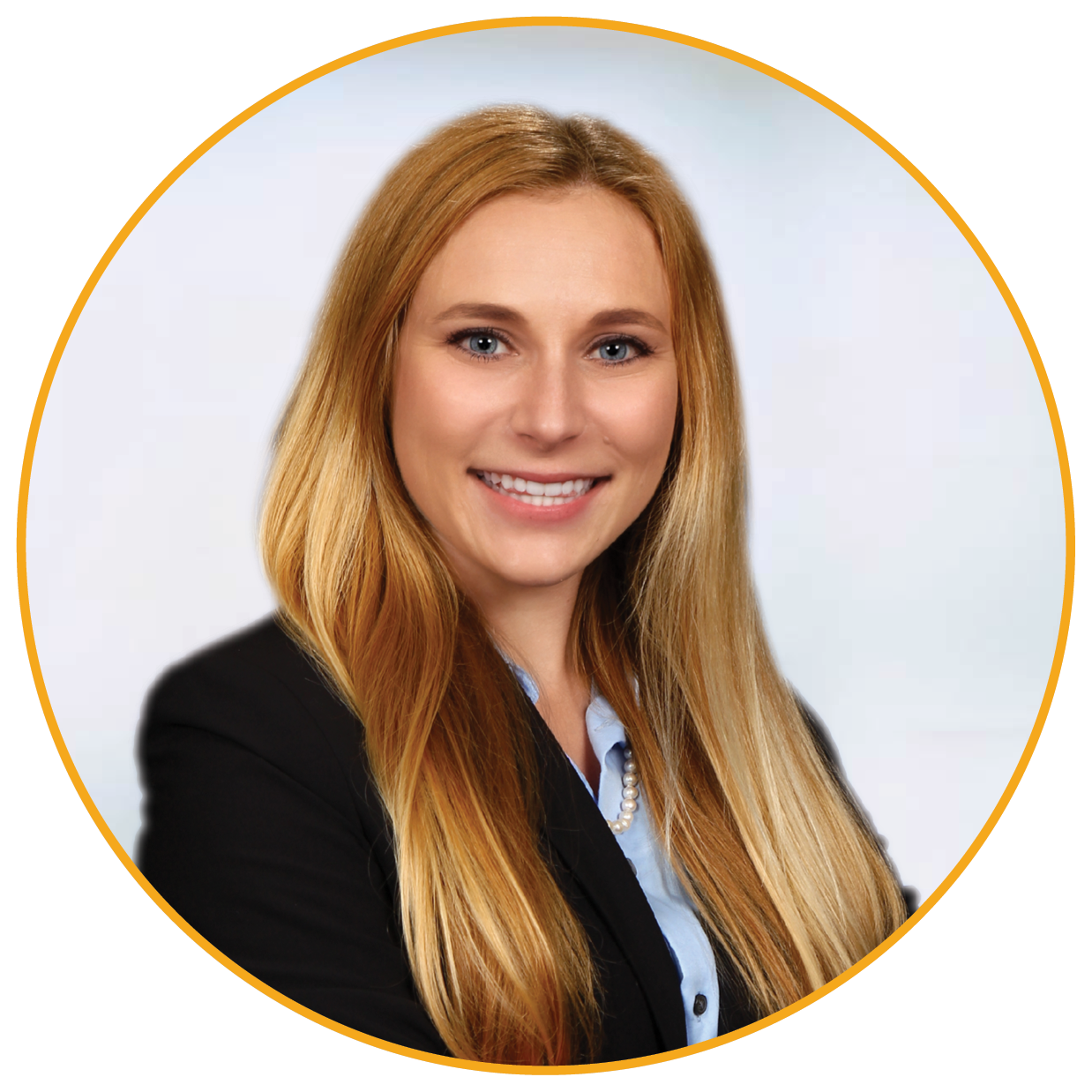
Jillian Friess Leivas | Associate
How do you believe diversity and inclusion contribute to innovation and creativity in the workplace?
Everyone comes into the workplace with their own background, skills and training, all of which are unique from their co-workers. These differences may have afforded them opportunities or perspectives that position them to address a situation that others have never experienced. As we don’t know what we don’t know, having a diverse and inclusive environment allows a workplace to cast a broad net for experiences and skills. Then, when needed, you have a built-in pool of knowledge and lived experiences that can be drawn from to address or improve whatever the situation or challenge may be. These co-workers may be aware of a software to better address an e-discovery issue or they may have developed a negotiation technique that is more effective in certain types of cases. Being open to learning from other backgrounds and experiences keeps a workplace from turning stagnant and improves innovation and creativity.
What initiatives or strategies do you think are most effective in fostering a culture of inclusion within organizations?
The most effective initiatives or strategies for fostering inclusion are ones that are periodically changing and evolving. Even if there is a strategy that appears to be the most effective tool in the world, over time it can become stale and routine. Having the ability to cycle through initiatives and add new initiatives to already successful ones keeps perspectives and experiences fresh, avoids complacency and helps to foster inclusion in an ever-changing world.
How do you approach mentoring and supporting other women to help them thrive professionally?
I think the most important way to approach mentoring is to recognize that not everyone needs or wants to be mentored and supported in the same way. For some, a formal and structured program is the way to go because it gives them a clear opportunity to express the need for support and receive it. Personally, I find that a structured program is just another obligation that puts pressure on me to either seek out or give profound mentoring advice. My preferred approach consists more of periodic check-ins to allow other women to recognize that I am available and willing to mentor and support them when they need it and on their own timeline. That doesn’t mean I leave all the effort to those that may need support, but rather that I help to foster a relationship that encourages flexible and low-pressure support when it is actually needed.
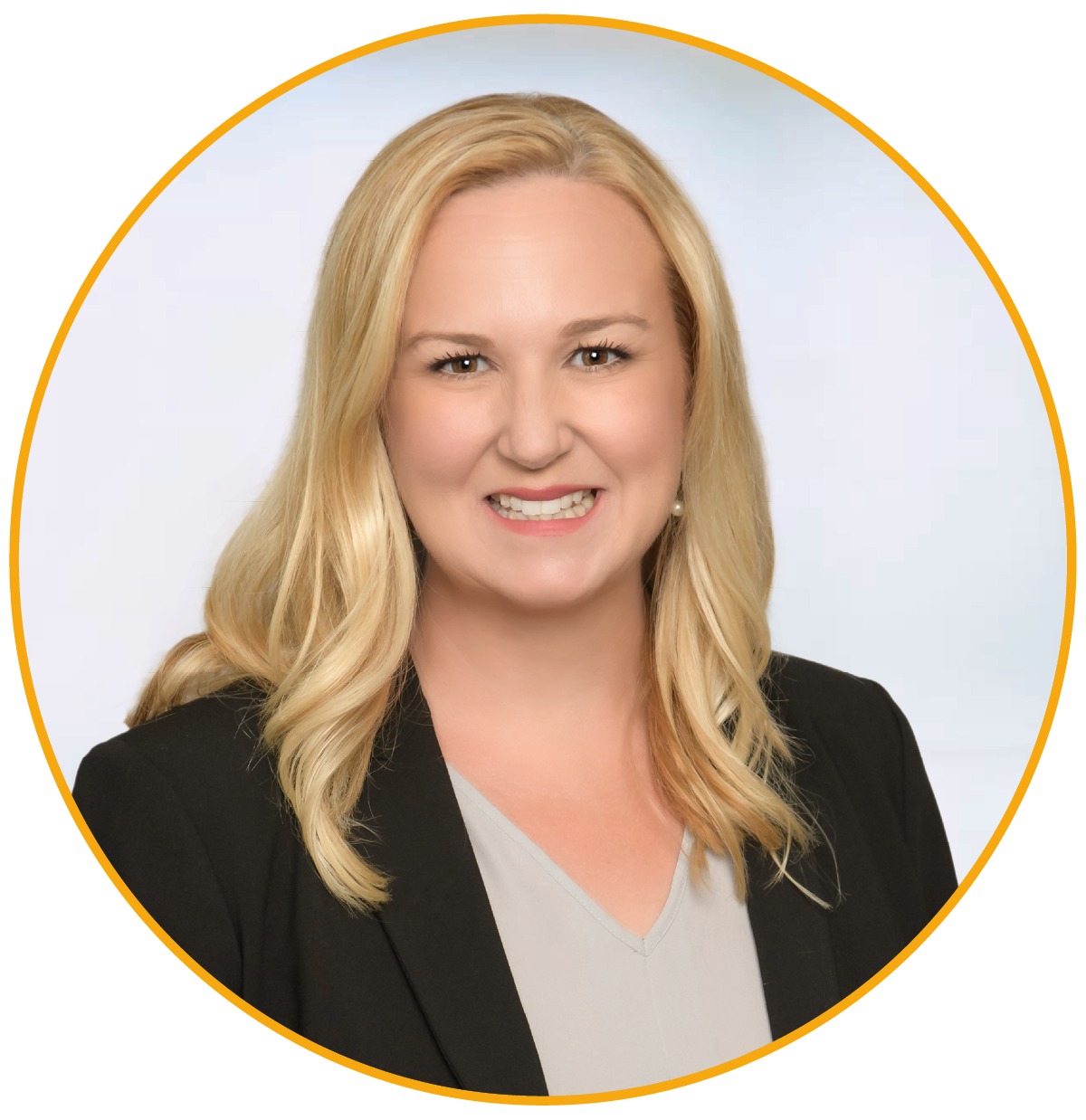
Jennifer Meeker | Partner & Co-Chair of Insurance Recovery & Counseling Group
Can you share a personal experience where you felt empowered by inclusion, either in your professional or personal life?
I think how I was raised epitomized the essence of inclusion and empowered me to set goals and work hard to meet them in that I was never taught or told by my parents that my sex had any impact on what I wanted to do in life. Any notion that I was somehow limited, or more appropriately situated for certain professions/hobbies/etc., or more or less capable in any particular area because of my sex was not part of the equation. While I certainly have experienced bias (particularly implicit bias) based on my sex over the years, I am thankful that I have not had to overcome familial, cultural or otherwise ingrained notions of sex as part of my upbringing.
What initiatives or strategies do you think are most effective in fostering a culture of inclusion within organizations?
My view is that inclusion of friends, allies and participants who are not necessarily members of a particular group is most effective in fostering a culture of inclusion. The presence and participation of everyone willing and open to discussing the issues, challenges, strengths and opportunities impacting a particular group heightens awareness and lends itself to open and respectful communication, understanding and buy-in, and, hopefully, action. This, in turn, fosters a culture of openness and can result in the breaking down of barriers that may otherwise hold an organization back in its goals.
How do you approach mentoring and supporting other women to help them thrive professionally?
I live by Justice Ruth Bader Ginsberg’s quote: “I ask no favor for my sex. All I ask of our brethren is that they take their feet off out necks.” I strive to succeed professionally based on hard work and perseverance and simply ask that no barriers be put in place because of my sex. My approach to mentorship and support of other women is similar, which is to encourage and empower them to work hard, push forward and be their best. Where possible, I try to help dismantle barriers and open doors for my mentees, who then must decide whether they want to walk through and seize the opportunity (and I will cheer them on and celebrate their successes when they do).
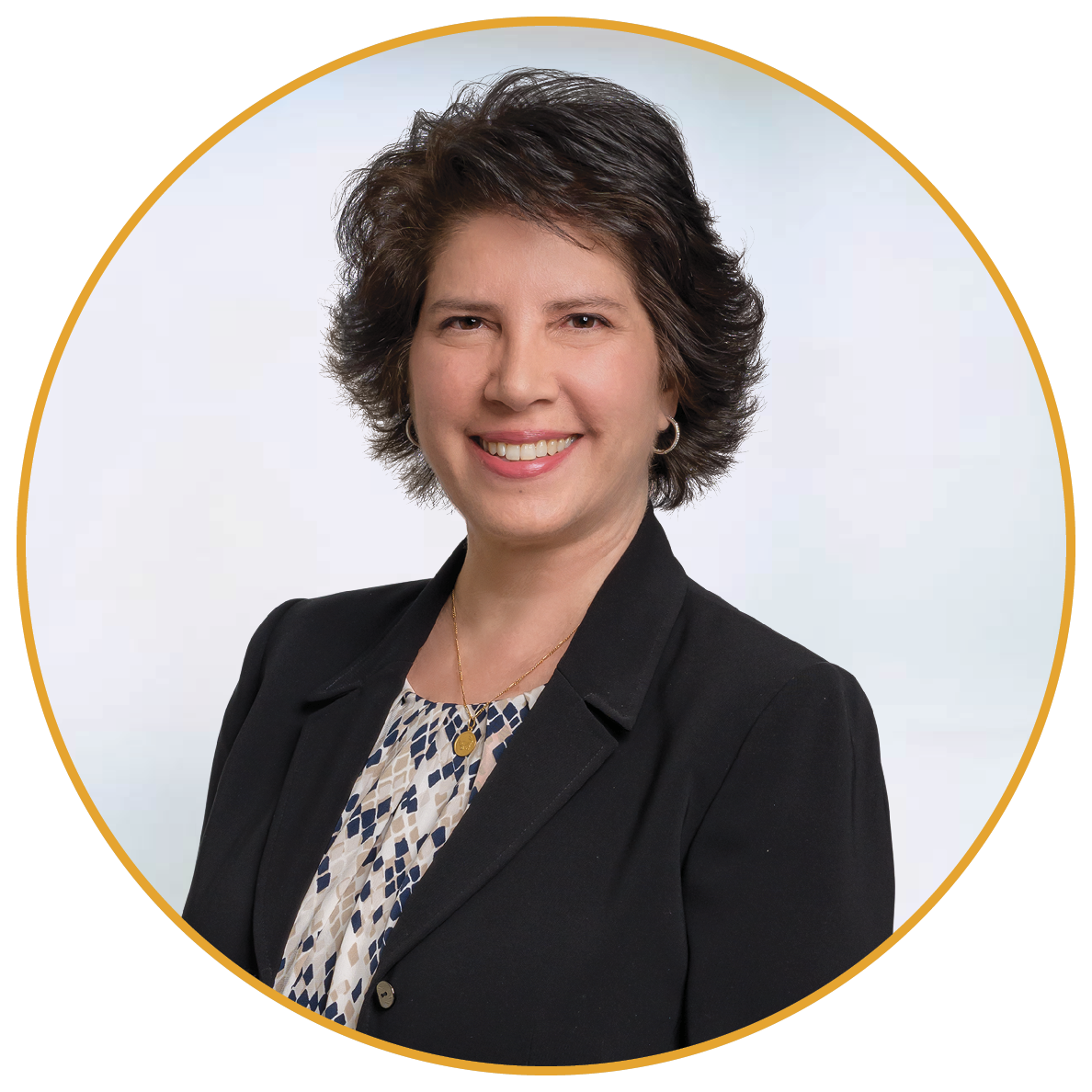
Lorna Vartanian | Billing & Collections Director
Can you share a personal experience where you felt empowered by inclusion, either in your professional or personal life?
As a first generation American born woman of Armenian descent who grew up in the San Fernando Valley when there was only one other family with my last name in the phone book, I understand the challenges of being seen as “other.” My initial path during college was museum curator, but that changed by a chance encounter and a boutique environmental law practice is where I landed while working on my graduate degree. I have worked in law firm administrative management for over 25 years and have always found the profession to be inclusive on the administrative management side. I have worked in both financial operations leadership roles and in firm administrator roles responsible for all firm operations. In my personal experience, law firms are friendly to women and, remarkably, don’t suffer from ageism. In fact, a majority of law firm administrator roles are held by women and tenure within the profession is highly valued. When the boutique environmental firm I worked for merged with a national firm, I met my mentor of many years who was an amazing office administrator and woman, and I often still hear her voice in my head when I am faced with certain decisions. I am grateful to have landed in this profession and would encourage younger women to consider it as a rewarding and stable career path.
What initiatives or strategies do you think are most effective in fostering a culture of inclusion within organizations?
As a newer member of the Nossaman management team, I am overly impressed with the firm’s approach to fostering a culture of inclusion. We have a robust roster of affinity groups (Women, LGBTQ, Working Parents, Historically Underrepresented), a number of events scheduled throughout the year which strive to bring our community of Nossaman personnel together to share stories and learn about each other, and a creative Employee Engagement Specialist who ensures execution of our events is spectacular. Respect and gratitude are words that come to mind.
